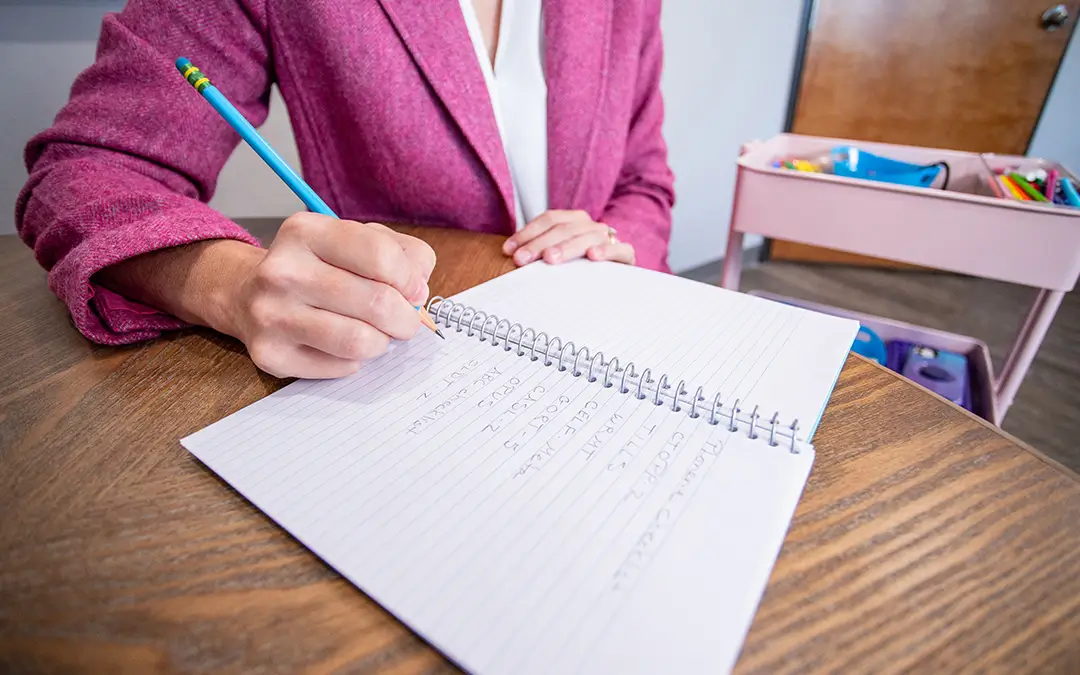When a child struggles with reading, spelling, and writing, it can be a source of immense frustration for both them and their parents. It’s natural to wonder why these skills are so challenging for some. The answer for many children is dyslexia. Understanding that this is a specific learning disability, not a sign of low intelligence, is the first step toward getting the help they need. This guide will clarify what dyslexia is, what it isn’t, and how a professional can effectively diagnose dyslexia OKC.
Signs and Symptoms of Dyslexia
The signs can look different depending on a child’s age and where they are in their development. Noticing these early on is key to getting support.
Preschool & Early Kindergarten
Some children may have trouble with rhymes, may have started speaking later than usual, or may not easily recognize the letters in their name. Early signs like these are usually the first indicators that may lead to a reading disorder diagnosis OKC later on.
Elementary School Years
This is when the signs become more apparent. A child may struggle with reading fluency, read slowly and with much effort, and frequently misspell common words. Because they spend so much mental energy on decoding, their ability to understand what they’ve read is often compromised.
Middle and High School
By this stage, students with dyslexia may still read at a slower pace than their peers and often avoid reading aloud. They might struggle with spelling in written assignments, have difficulty summarizing what they read, or need extra time on tests. These challenges can affect their confidence, motivation, and reading and language comprehension Edmond, making targeted support even more important.

Common Misconceptions About Dyslexia
Misunderstandings about this condition can make it harder to get the right support. Below are some frequent myths and the truth behind them:
Dyslexia is about seeing letters backward.
Fact: That’s a common error. The issue lies in how the brain works with sounds and letters, not in how things are seen.
People with dyslexia are not intelligent.
Fact: Dyslexia has nothing to do with intelligence. Many individuals with dyslexia have average to above-average intelligence. They simply learn and process information differently.
A child will outgrow dyslexia.
Fact: Dyslexia is a lifelong condition. While a child will not outgrow it, with proper intervention and support, they can learn practical strategies to manage their challenges and become successful readers.
Understanding How Professionals Diagnose Dyslexia OKC
Dyslexia is not a condition you can diagnose at home. A trained professional needs to carefully assess the child’s learning style and challenges. This helps confirm whether the difficulties match signs of dyslexia and guides the next steps for help. Professionals who specialize in this area, such as speech-language pathologists, use a combination of standardized tests, clinical observations, and family insights to reach a conclusive diagnosis.
The Role of a Speech-Language Pathologist
A speech-language pathologist (SLP) plays a crucial role in diagnosing dyslexia. They are uniquely qualified to assess the underlying language skills that are essential for reading. Because they have a deep understanding of sounds, words, sentence structure, they can evaluate multiple areas, helping build a fuller view of how your child learns.
Steps Toward a Reading Disorder Diagnosis OKC
A professional evaluation is the most reliable way to get a definitive reading disorder diagnosis OKC. The process often unfolds in stages and takes into account everything from the child’s early development to their experiences in the classroom.
At a Glance: Educational Inspiration’s Evaluation Process
Here’s a quick look at what you can expect from our evaluation process:
- Before: Share any past test results, fill out intake forms, ensure your child is well rested, and bring your child’s prescription reading glasses if applicable. You may also bring lighter snacks for your child to eat during testing.
- During: A 2.5-hour session that blends formal testing with short brain breaks. Your child will have time to snack, move around, and reset during these breaks, helping them stay focused and comfortable throughout the testing process.
- After: Within one month or earlier, you will receive a written report and a follow-up meeting to discuss results and next steps.
Your Partner in Accurate Diagnosis
Worrying about your child’s learning can feel overwhelming, but you’re not alone. At Educational Inspiration, we’re equipped to diagnose dyslexia OKC and provide in-depth evaluations for your concerns. We aim to equip parents with a better understanding and practical guidance, along with the tools and confidence to help their child thrive both in the classroom and in life.
A full evaluation can bring clarity and point to the right kind of support for improving their reading and language comprehension Edmond. Contact us to schedule a consultation.

